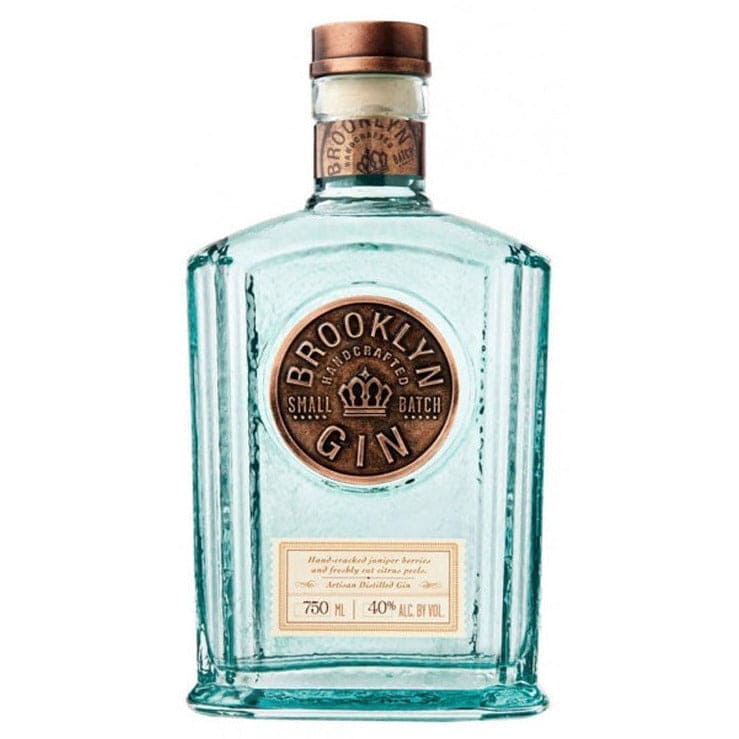
Brooklyn Gin Handcrafted Small Batch Gin
Brooklyn Gin is a craft spirit made in New York with fresh citrus peels and hand-cracked juniper. Our gin is fresh, complex, and flavorful. It’s good enough to drink on its own and we’re proud of that. We use 100% fresh citrus peels and hand-cracked juniper. By hand-cutting the citrus fruit, and releasing the essential oils in the juniper berries, we make a more vibrant gin than the distillers who use frozen or dried citrus peels. We’re three guys with one Copper Pot Still. We take three days to make 300 bottles of gin. Unlike mass-produced factory gins, we do everything by hand. It takes more time and effort, but we believe you can taste it in your very first sip. In kinship with the craftsmen who embody the Brooklyn spirit – we set out to make a small-batch American gin by hand. We distill Brooklyn Gin using locally purchased fruit and 100% corn grown in upstate New York. At the end of the day, all we’re trying to do is make great gin that people can enjoy. We hope that people like it and have some great cocktail moments with it. We believe in the American tradition of the cocktail hour - and we believe we can enrich that experience with our gin.

Explore a World of Spirits and Liquor through our Comprehensive FAQ Section.
Discover a World of Spirits and Liquor in our Helpful FAQ Section.
Types of Spirits
- Whiskey: Made from fermented grain mash and aged in wooden casks.
- Vodka: Typically distilled from grains or potatoes and known for its clear, neutral flavor.
- Rum: Produced from sugarcane byproducts like molasses or sugarcane juice.
- Tequila: Made from the blue agave plant, primarily in the area surrounding Tequila, Mexico.
- Gin: Distilled with botanicals, primarily juniper berries, giving it a distinctive flavor.
Production Process
- Fermentation: The process where yeast converts sugars into alcohol.
- Distillation: Separating alcohol from the fermented mixture to increase its concentration.
- Aging: Storing spirits in barrels to develop flavors over time.
Tasting and Pairing
- Tasting Notes: Learn to identify different aromas, flavors, and textures.
- Food Pairings: Discover which spirits complement various dishes, enhancing the dining experience.
Cocktails and Mixology
- Classic Cocktails: Recipes and techniques for making popular drinks like the Old Fashioned, Martini, and Mojito.
- Mixology Tips: How to balance flavors and create your own cocktail recipes.
History and Culture
Origins: The historical background of different spirits.
Cultural Significance: How spirits are enjoyed and celebrated around the world.

